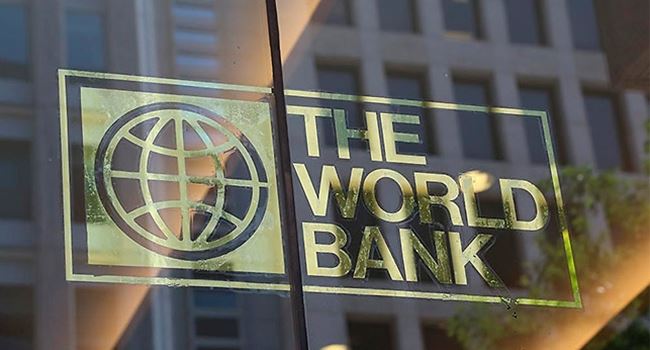Business
Nigerians risk reversal of decades of economic growth – World Bank

An average Nigerian might witness a reversal of decades of economic growth and the country might slip into its worst depression since the 1980s in the next three years, the World Bank said on Thursday in a website statement.
The latest World Bank Nigeria Development Update (NDU) observed that the trend could be averted provided present reforms were sustained and right blend of policy measures were put in place.
The report examined the recently executed reforms in Africa’s biggest economy and prescribed policy options as buffers against the effects of the coronavirus pandemic in order to achieve a resilient, sustainable and inclusive recovery.
“Nigeria is at a critical historical juncture, with a choice to make” said Shubham Chaudhuri, World Bank country director for Nigeria.
“Nigeria can choose to break decisively from business-as-usual, and rise to its considerable potential by sustaining the bold reforms that have been taken thus far and going even further and with an even greater sense of urgency to promote faster and more inclusive economic growth.”
The World Bank document forecasted the economy could tighten by 4 per cent this year by reason of the double whammy of COVID-19 and weak oil prices.
The speed of recovery next year and after is pretty unpredictable and subject to the swiftness of reforms, the multilateral lender said.
Read also: With $750m World Bank loan Nigerian govt’s debt to hit N32.87tn
Lack of measures to lessen the weight of the coronavirus pandemic on the poor and the vulnerable is projected to shoot their population up by 15 to 20 million by 2022.
The World Bank remarked that food crisis had accelerated significantly while “economic precarity is on the rise because unemployed workers have migrated to the low-productivity agricultural sector.”
“Nigeria can build on its reform momentum to contain the spread of COVID-19, stimulate the economy, and enable the private sector to be the engine of growth and job creation,” said Marco Hernandez, World Bank lead economist for Nigeria.
“It can also redirect public spending from subsidies that benefit the rich towards investments in Nigeria’s people and youth in particular, and lay foundations for a strong recovery to help make progress towards lifting 100 million people out of poverty.”
The NDU recommended policy options in five aspects that would serve as mitigants to the impact of the crisis and aid Nigeria’s economic recovery.
They included managing local spread of COVID-19 until the availability of vaccine for distribution, improving macroeconomic management to strengthen investor’s confidence, as well as protecting and generating revenue.
The rest were reprioritising public spending to secure key development expenditure and supporting economic activity and access to basic services and availing relief to por and vulnerable communities.
Join the conversation
Support Ripples Nigeria, hold up solutions journalism
Balanced, fearless journalism driven by data comes at huge financial costs.
As a media platform, we hold leadership accountable and will not trade the right to press freedom and free speech for a piece of cake.
If you like what we do, and are ready to uphold solutions journalism, kindly donate to the Ripples Nigeria cause.
Your support would help to ensure that citizens and institutions continue to have free access to credible and reliable information for societal development.






















